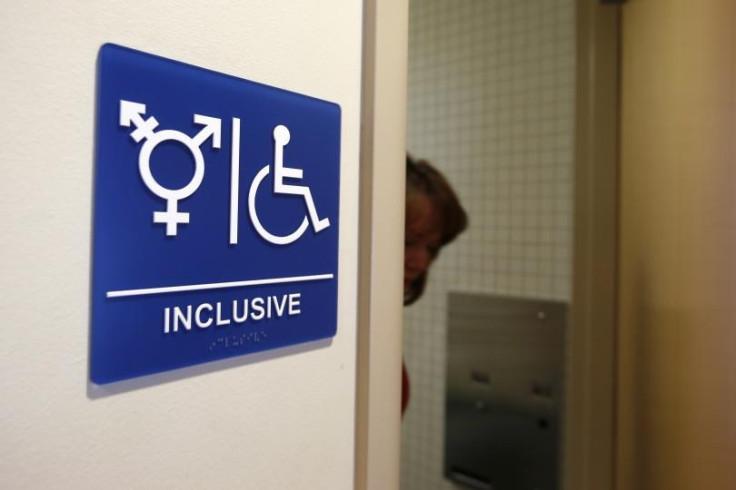North Carolina cans transgender toilets and discrimination protections for LGBT community

North Carolina's state legislature, incensed by new transgender toilet rights, has passed a law barring local statutes that prevent discrimination against the LGBT community. The state legislature took action after the Charlotte city council approved an anti-discrimination law that would have protected the LGBT community from discrimination and would have allowed transgender people to use restrooms that reflect their gender identity.
The new state law, House Bill 2, invalidates all of Charlotte's LGBT protections. The state statute poses as an anti-discrimination measure — but it pointedly omits the lesbian, gay, bisexual or transgender population. It bans employers and businesses from discriminating against their employees or clientele based only on race, country of origin, religion, age or biological sex. It also specifically requires people to use public restrooms that correspond with their gender at birth.
The new law will bar Charlotte and any other municipality from adding any protections for gays, lesbians or transgender individuals in the future, notes the Charlotte Observer.
The measure was passed quickly (after Democratic state senators walked out in protest) and signed into law by Republican Governor Pat McCrory, who considered the now invalidated Charlotte statute a "radical breach of trust" because it "violated" restroom privacy.
"The basic expectation of privacy in the most personal of settings, a restroom or locker room, for each gender was violated by government overreach and intrusion by the mayor and city council of Charlotte," McCrory said in the statement. "This radical breach of trust and security under the false argument of equal access not only impacts the citizens of Charlotte but people who come to Charlotte to work, visit or play."
Critics lashed the new state law.
"This bill essentially repeals 50 years of non-discrimination efforts" and gives state lawmakers "unprecedented control over our city and local governments," said Senate Democratic Leader Dan Blue . "This is a direct affront to equality, civil rights and local autonomy."
© Copyright IBTimes 2024. All rights reserved.






